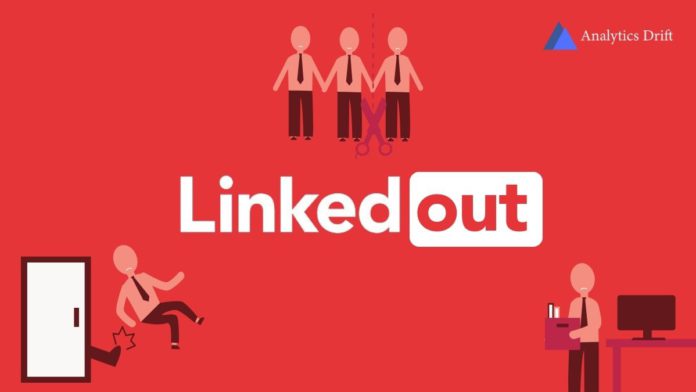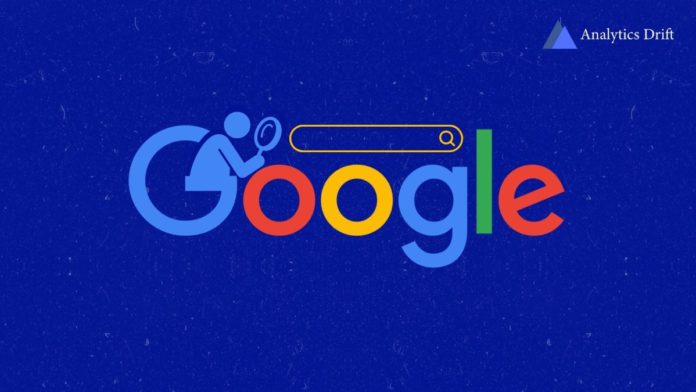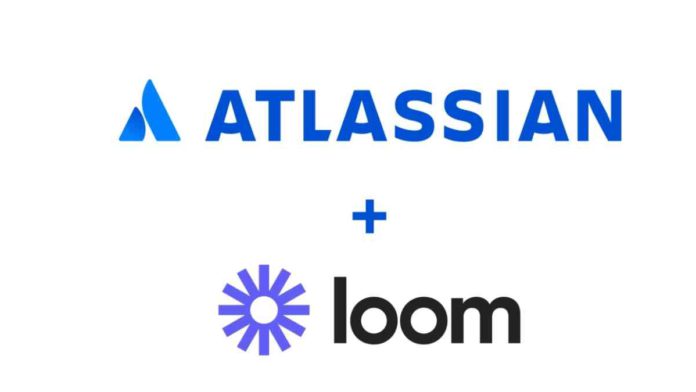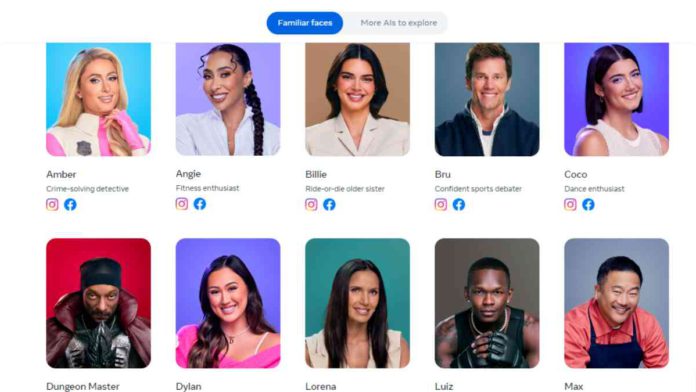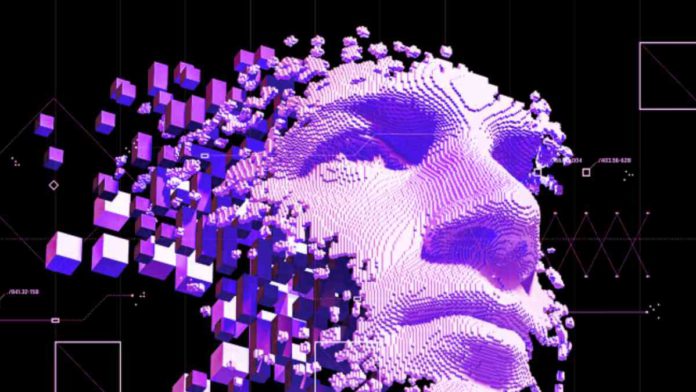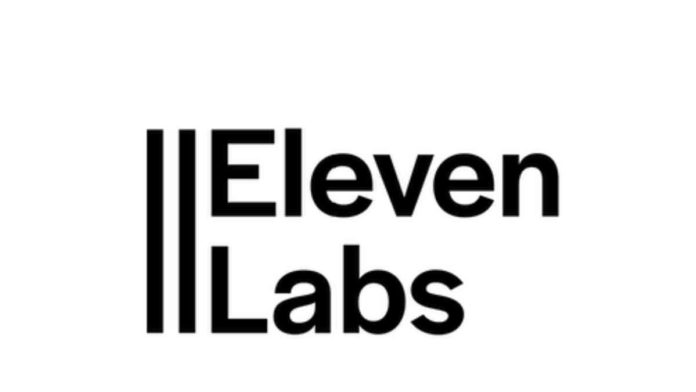Considering the precarious situation surrounding AI, New York officials introduced a pioneering AI action plan, the first of its kind among major US cities, aiming to produce responsible AI.
On Monday, October 16, New York City Mayor Eric Adams and Chief Technology Officer Matthew Fraser officially launched the city’s first one-of-its-kind AI action plan. The plan aims to mitigate AI-related risks while equipping city government employees with the necessary tools and knowledge to harness AI technology responsibly.
The action plan includes a MyCity Portal with an integrated MyCity Business site and a citywide AI chatbot. With the help of the AI chatbot, business owners can quickly access reliable information from over 2,000 NYC business web pages, covering topics like compliance, incentives and avoiding violations and fines.
Read More: OpenAI Acquires Global Illumination, a New York-based AI Design Studio
The framework also enables city agencies to leverage AI potential for improved service delivery while safeguarding the privacy of New Yorkers and addressing bias concerns.
Other plans’ details include responsible AI accusations through the establishment of AI-specific procurement standards or guidelines to aid agency-level contracting. Also, publishing an annual AI progress report to convey the city’s progress and implementation.
The plan details 37 key actions in total, out of which 29 are set to be started or completed by next year.



